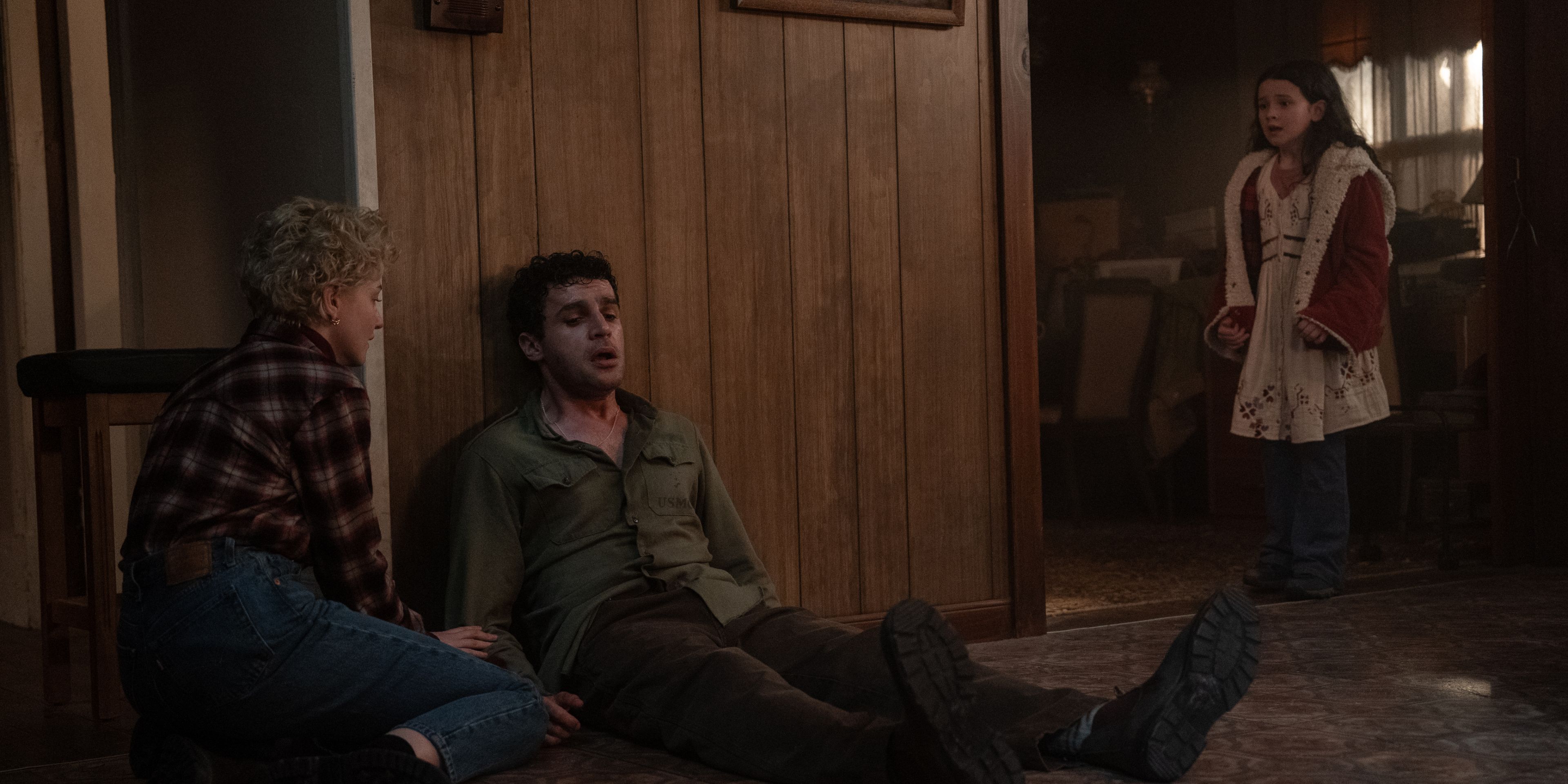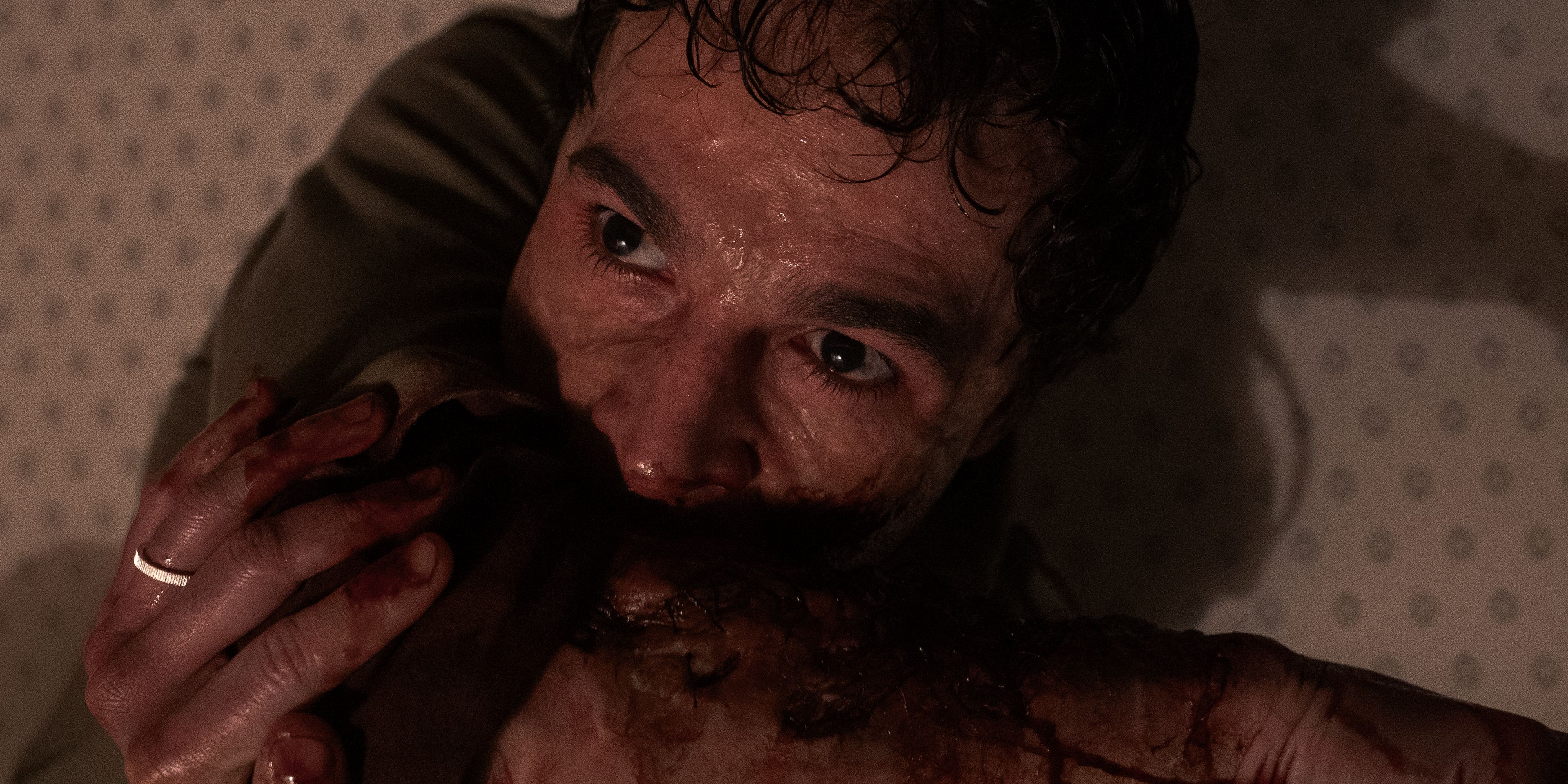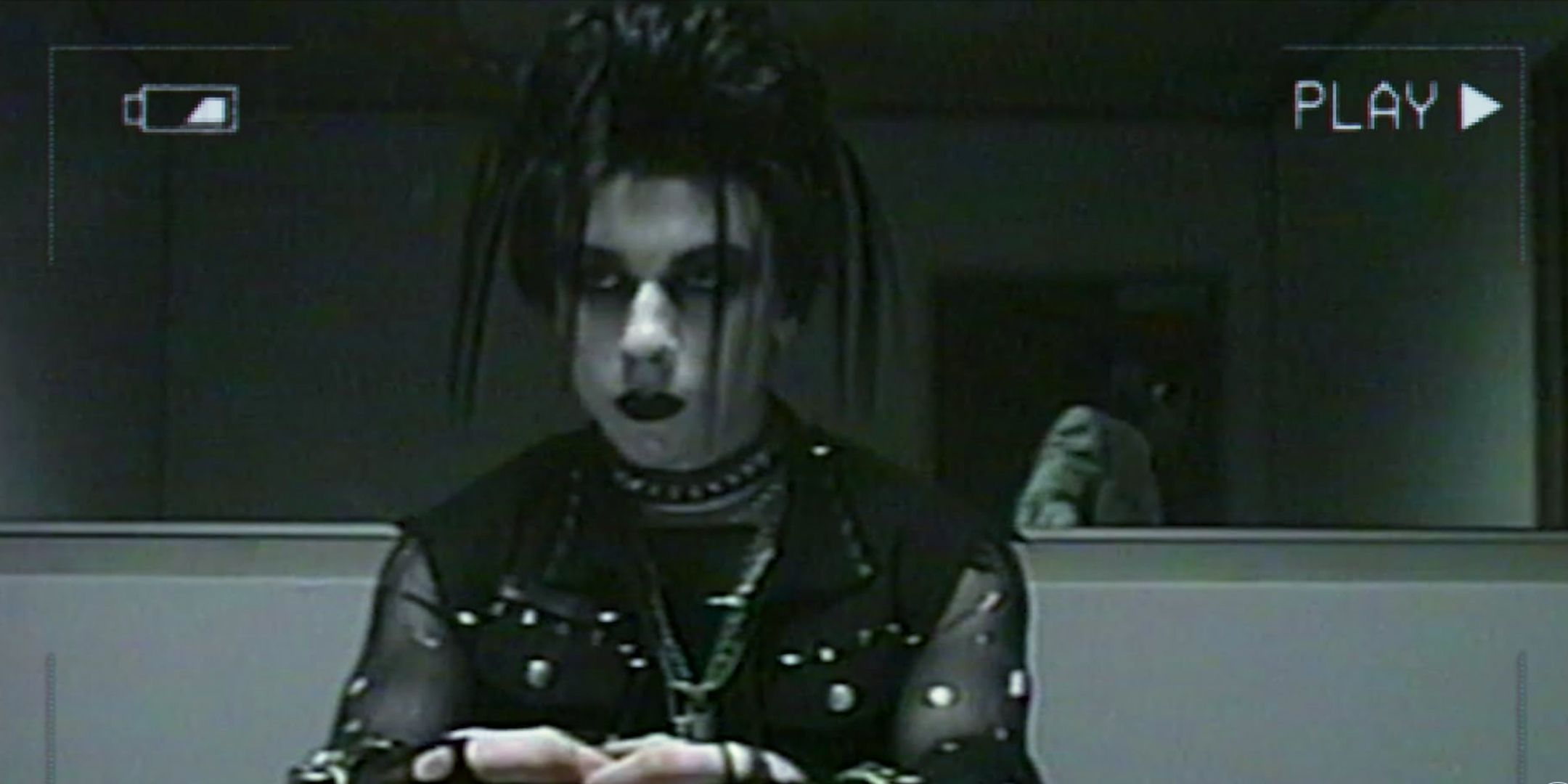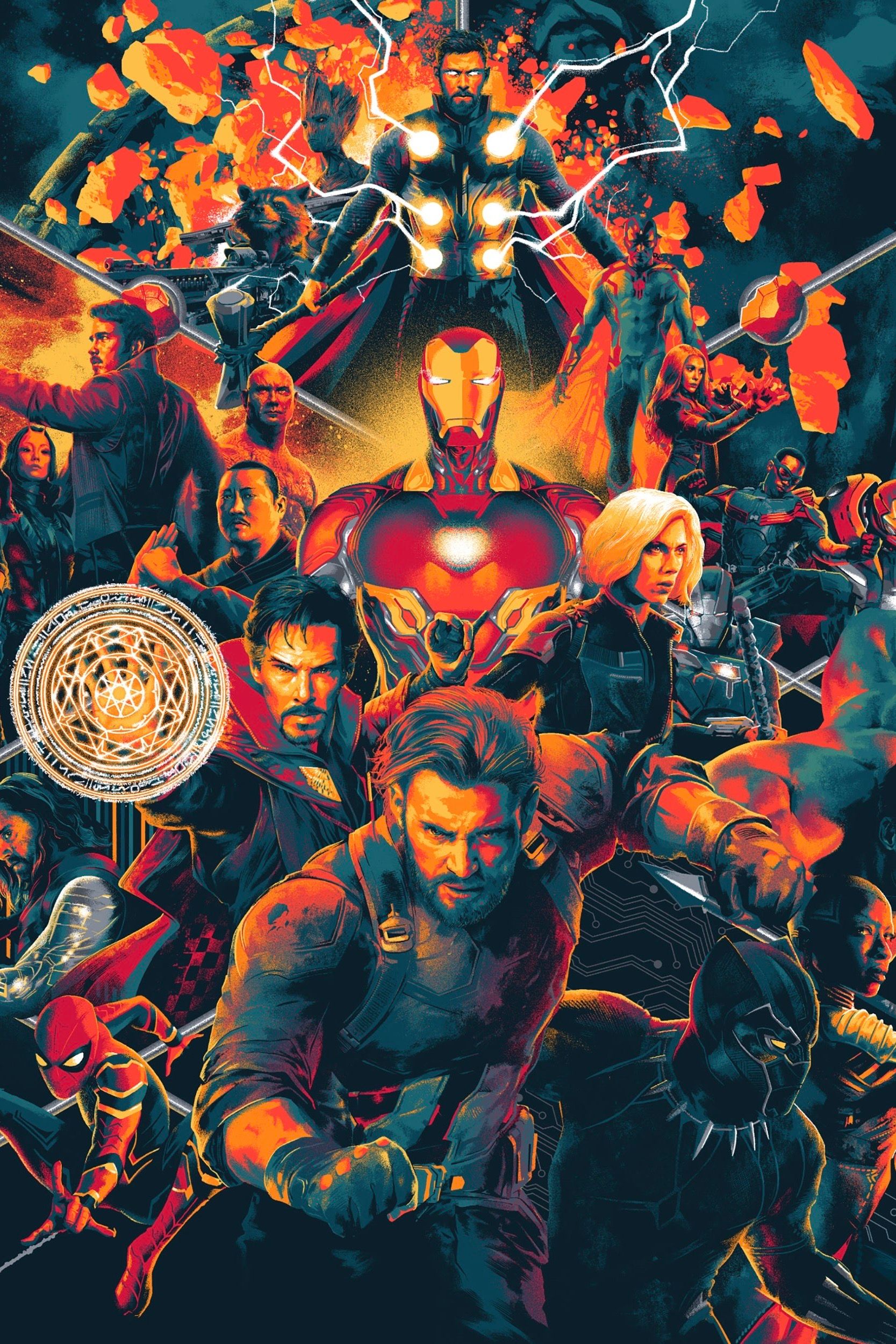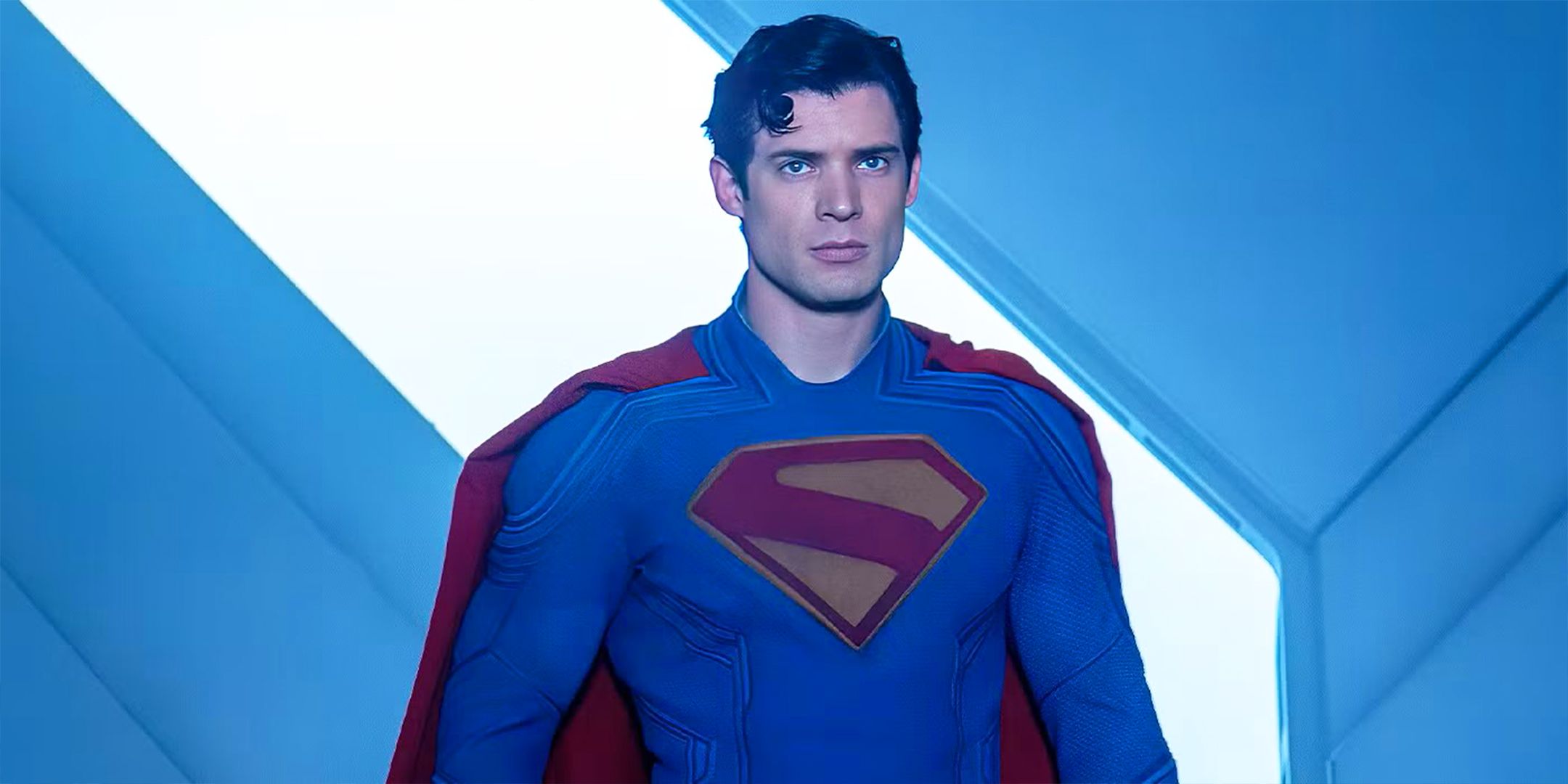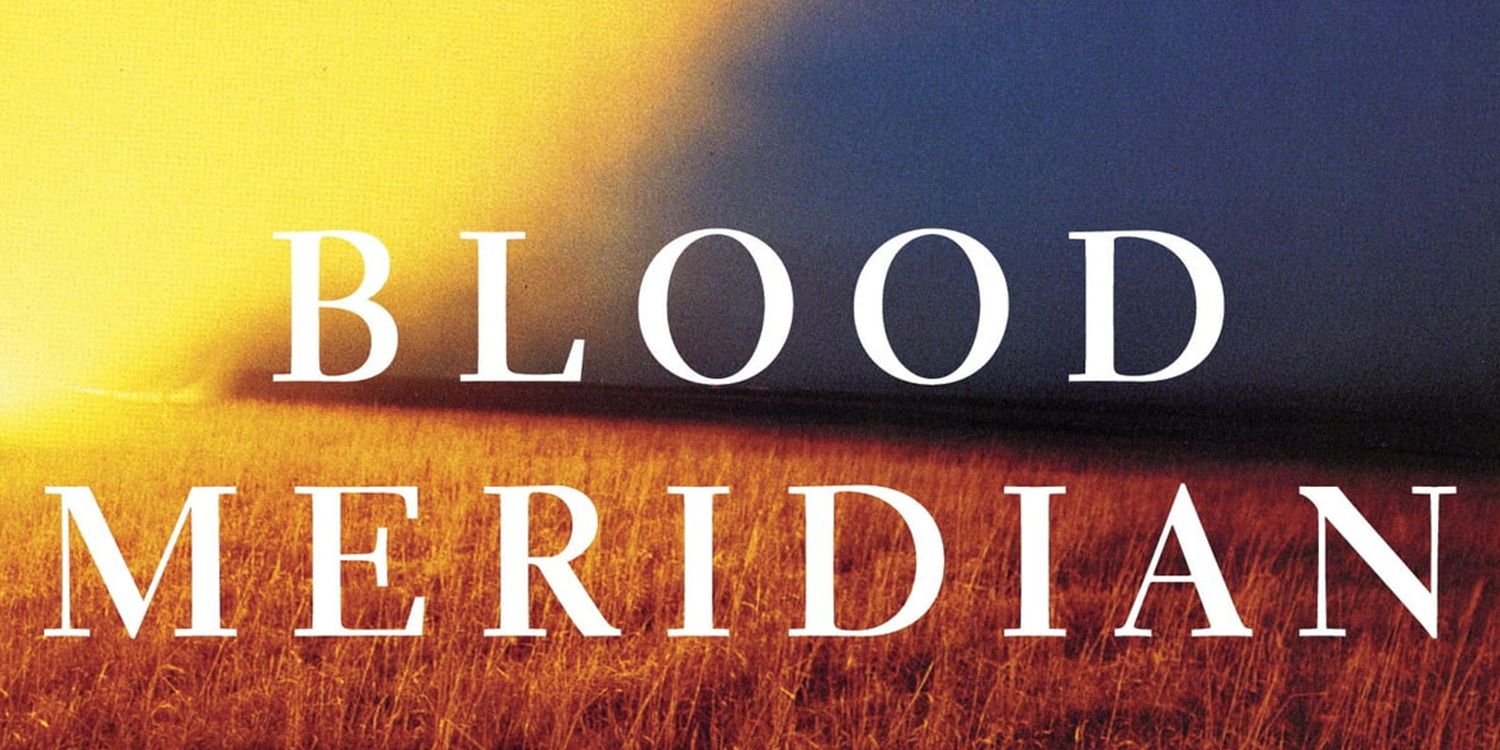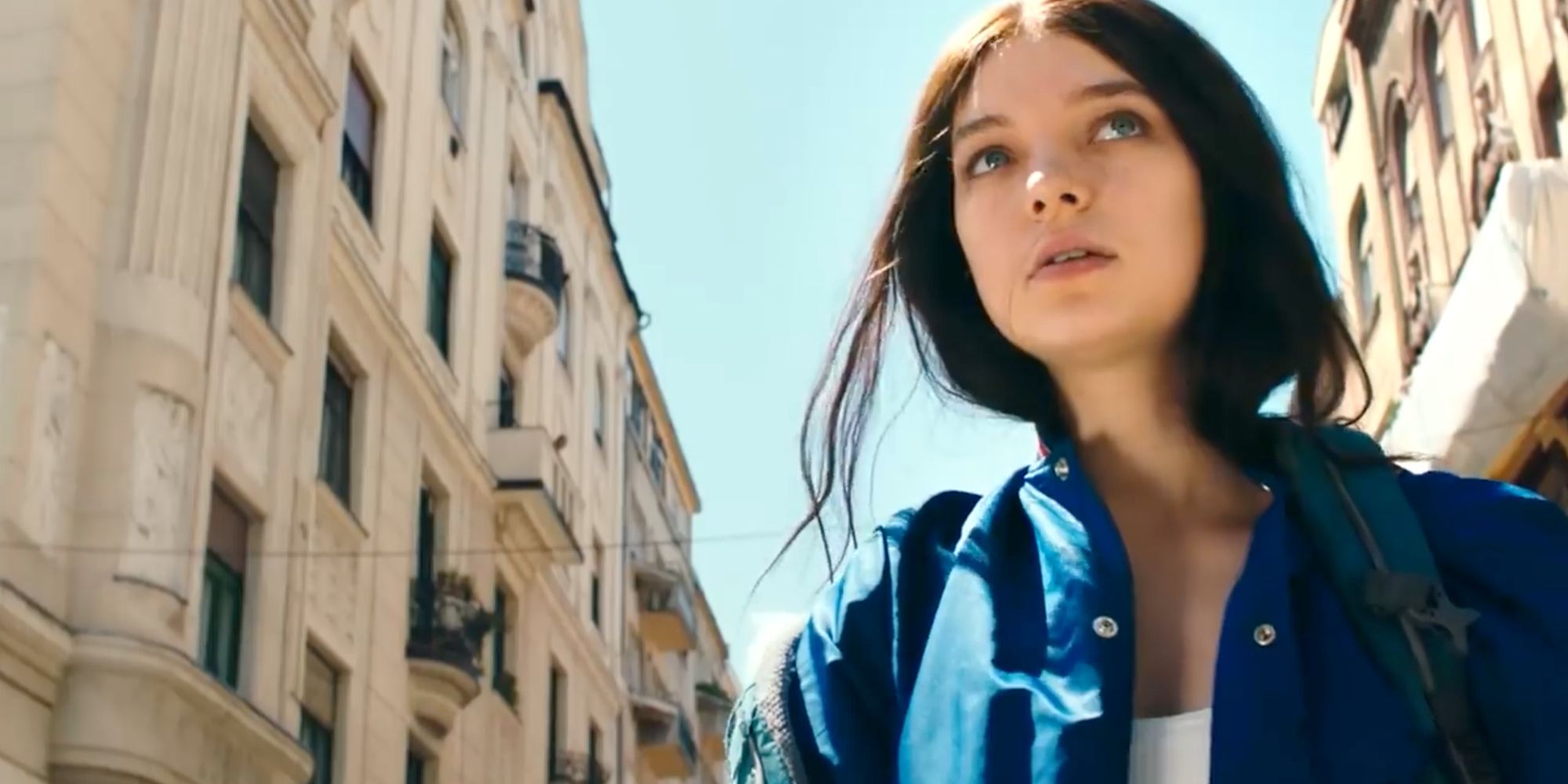When we look back on this period of Hollywood movies and decide which reboots and remakes actually deserve to come with us, Leigh Whannell’s The Invisible Man should be among them. After Universal’s attempted cinematic universe was DOA, the 2020 horror film showed the classic monsters had more to offer than brand recognition by finding something about the 1933 original that spoke to today and mining it for well-executed scares. I remember it as the kind of movie I was telling friends they had to see as soon as I left the theater.
- Release Date
-
January 15, 2025
- Runtime
-
103 minutes
- Director
-
Leigh Whannell
- Writers
-
Leigh Whannell
, Rebecca Angelo - Franchise(s)
-
Universal Monsters
Cast
-
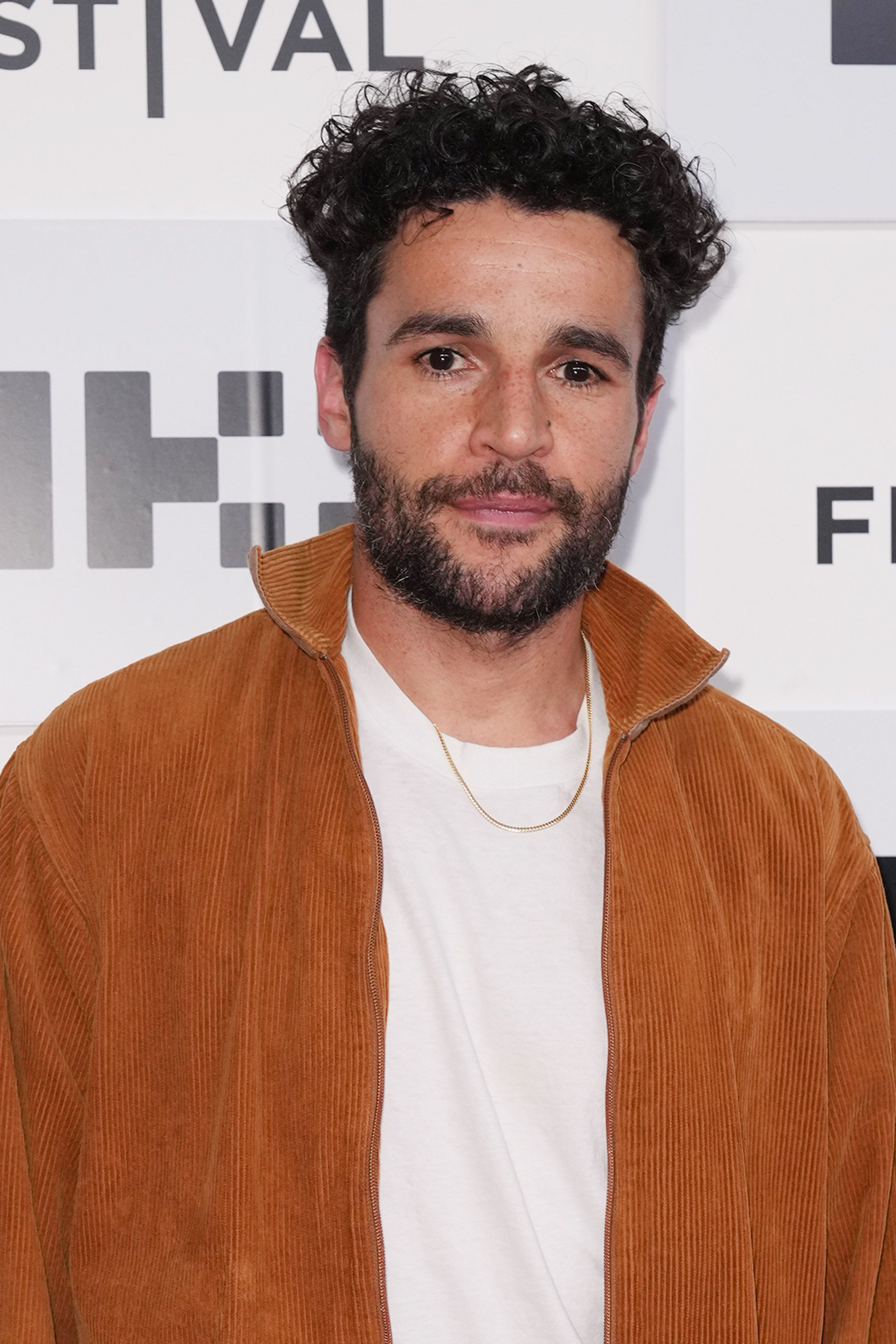 Christopher Abbott
Christopher Abbott -
 Julia Garner
Julia Garner -
 Matilda Firth
Matilda Firth -
 See All Cast & Crew
See All Cast & Crew
Wolf Man, released on January 15, 2025, follows Blake and his wife Charlotte as they visit his secluded childhood home in rural Oregon. After a mysterious animal attack, they become trapped inside, and Charlotte is forced to confront Blake’s disturbing transformation amidst growing tension and fear.
- Studio(s)
-
Blumhouse Productions
- Distributor(s)
-
Universal Pictures
Five years later, Whannell’s back with another Universal Monsters adaptation: Wolf Man.
Like his previous film, it pulls the classic story to the present day and dramatically reimagines it, though the transition isn’t quite as smooth. It’s tense and fun, flecked with creative touches that show what this filmmaker can do when armed with a high-concept horror premise. But it lacks its predecessor’s thematic clarity and, therefore, its staying power. If The Invisible Man was a clear step forward from Upgrade, Whannell’s 2018 techno-thriller, then Wolf Man is, at best, a lateral move.
Wolf Man Makes Quick, Effective Work Of Its Setup
And Establishes Its Central Theme Right Away
The film opens in 1990s Oregon, where we meet a father and son living in relative isolation in the wilderness. What we see of their life is strictly managed. The survivalist father seems obsessed with protecting his son from the dangers of the world, while the boy seems to fear nothing more than his own dad. The kid grows up to be Blake (Christopher Abbott), our protagonist.
One day, while out hunting in the surrounding woods, young Blake catches a glimpse of something very werewolf-y in his scope. He and his father are briefly pursued but take refuge in a deer stand and survive without coming face-to-face with this strange beast. Though Blake’s father tries to hide it from him, he believes this was a hiker lost not long ago who supposedly came down with some mysterious illness — a condition, we’re told, is known to local Native Americans as “The Face of the Wolf” — and he’s determined to hunt him down.
This prologue sets the table in more ways than one. Whannell has given us the language to understand what he’s doing with the тιтular monster; toxic male protectiveness emerges as the central metaphor. But he’s also carved out a unique place for his film in the werewolf tradition, and since Wolf Man isn’t interested in being a lore textbook, it works fast. This werewolf is clearly the bipedal variety of its source, leaning more “man” than “wolf.” And the daytime encounter rules out the full moon as a factor – this change is neither cyclical nor temporary.
When they reach the cabin, Blake secures it from the beast on the outside, but we know it’s only a matter of time before he himself becomes the threat.
When we flash forward to present-day New York City, Blake has long severed ties with his father. He’s married to Charlotte (Julia Garner), a journalist, and is mostly a stay-at-home dad to their daughter, Ginger (Matilda Firth). Blake and his daughter have a close, loving relationship, though his childhood has left its scars. He’s as afraid of frightening her as he is afraid for her. His marriage, meanwhile, is on the rocks. There’s love there, but he and Charlotte are finding it harder and harder to communicate.
When the story properly begins, the stage is set for tragedy. Blake gets a letter confirming his father, long missing, is now officially presumed ᴅᴇᴀᴅ. He sells his family on a summer in Oregon, going through his father’s things, showing them the childhood home he hasn’t seen in years. An attack leaves them shaken, and him scratched. When they reach the cabin, Blake secures it from the beast on the outside, but we know it’s only a matter of time before he himself becomes the threat.
Wolf Man Succeeds As A Monster Movie
But Is Uneven As A Drama
From here, there are two movies in Wolf Man that are worth considering separately. Whannell’s film is a creature feature and the first question of many moviegoers will be whether it delivers on that thrill ride. I’d say it does. The big, high-adrenaline sequences are тιԍнтly directed and, through Julia Garner, performed with real terror. The gradual transformation, effects-wise, worked for me, even if I’d have liked to see the body horror aspect pushed further. Don’t go in expecting The Fly or An American Werewolf in London (though the werewolf howl is a clear nod to the latter).
The movie’s real value in this realm comes in the portrayal of Blake’s perspective, which we check in with periodically as he changes. Whannell’s films display a talent for creatively deploying form to reflect content, and what he chooses to do with visual and sound design in these moments is, honestly, really cool. Couple those touches with a quickly disconcerting physical performance from Abbott and you have this movie’s interesting contribution to the werewolf canon.
Garner’s performance is the heart of this, and if the movie were told entirely through her eyes, I think you’d have the compelling layer of doubt that the film sometimes seems to want.
Underneath all that genre work, you have the drama. Blake’s transformation is a supernatural rendering of his parental instincts turning harmful – it’s no coincidence that his family’s scenic drive to the Oregon cabin visually echoes the Torrance family’s journey to the Overlook in The Shining. A compelling idea, certainly, and a strong framework for a reimagined werewolf story. But it could’ve been, and perhaps should’ve been, taken much further.
Wolf Man ultimately has a pretty soft heart. Blake is firmly a tragic figure and the character drama that works best is when we can tell that all three characters are conscious of the divide forming between them, but still unable to prevent it. Garner’s performance is the heart of this, and if the movie were told entirely through her eyes, I think you’d have the compelling layer of doubt that the film sometimes seems to want. But Blake never has the well-intentioned insidiousness that we sense in his father in the prologue.
This is, I believe, an issue of alignment. Part of what makes The Shining so frightening is that, even with the ghosts and the alcohol, Jack’s growing evil feels intrinsic. This is supposed to be the potency of the werewolf metaphor in Wolf Man, too, but even if Blake’s body is changing, his lycanthropy always feels like an external force. The more thematically compelling version would take place entirely in the prologue, with Blake’s father the one seeing his paternalism metastasize. As it is, the metaphor is an imperfect fit, and any emotional bite doesn’t leave much of a mark.
Wolf Man is in theaters on January 17. The film is 103 minutes long and rated R for bloody violent content, grisly images and some language.

